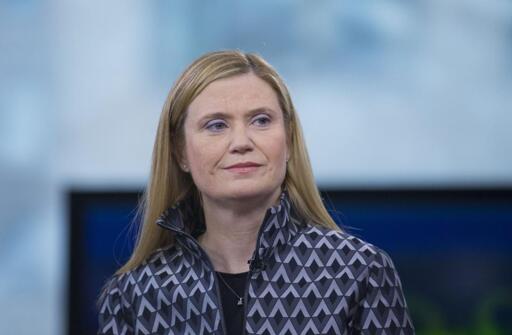cross-posted from: https://lemmy.world/post/17274141
The potential charges, says Marianne Lake, CEO of consumer and community banking at JPMorgan, are a result of new regulatory rules that cap overdraft and late fees. Lake says Chase will be passing along those increased expenses to customers, which would put an end to now-free services such as checking accounts and wealth management tools. And she says she expects other banks will follow suit.



No worries. Most people in this thread seem a smidge more rational. 😜
I’m not super familiar with all the forms of crypto and their unite qualities, so I appreciate accurate details.
But let’s look at this:
Motley Fool: What is Monero? (XMR)
Anonymous transactions absolutely have positives, but they can also have painful repercussions, no? We could come up with many wild examples, but let’s check out some more plausible ones.
Chargebacks/Scams. Right now, pay me by cash, check ,or credit, and get a receipt for Product X. If I don’t give you X, you have proof of a transaction. It says You gave Me said amount of money for X. With Monero, none of that data exists, correct? How are you protected or compensated?
Theft. You have an angry partner or unscrupulous family member with knowledge of your wallet. If they can guess/hack a weak password, you leave wallet open to go to bathroom, etc and they transfer out money, then what? Again, if sender, receiver, and amount are hidden, how do you prove someone stole from you?
Honestly ignorant on the answers to these questions.
If nothing else, its because easy, anonymous access to freedom and privacy respecting open-source computing should be considered a human right.
Unfortunately if you want to anonymously use a decent VPN, or host a vm on a static IP you need to pay for it. That if nothing else is a good reason.